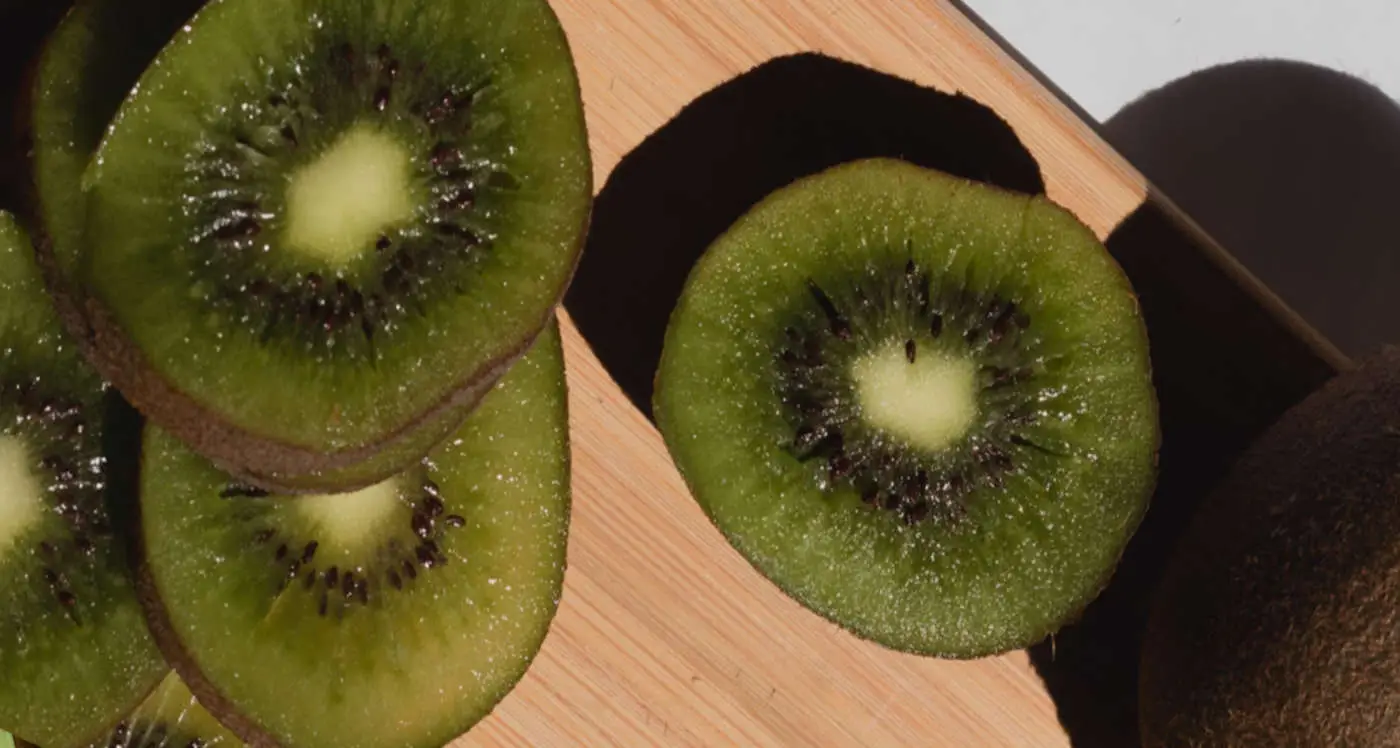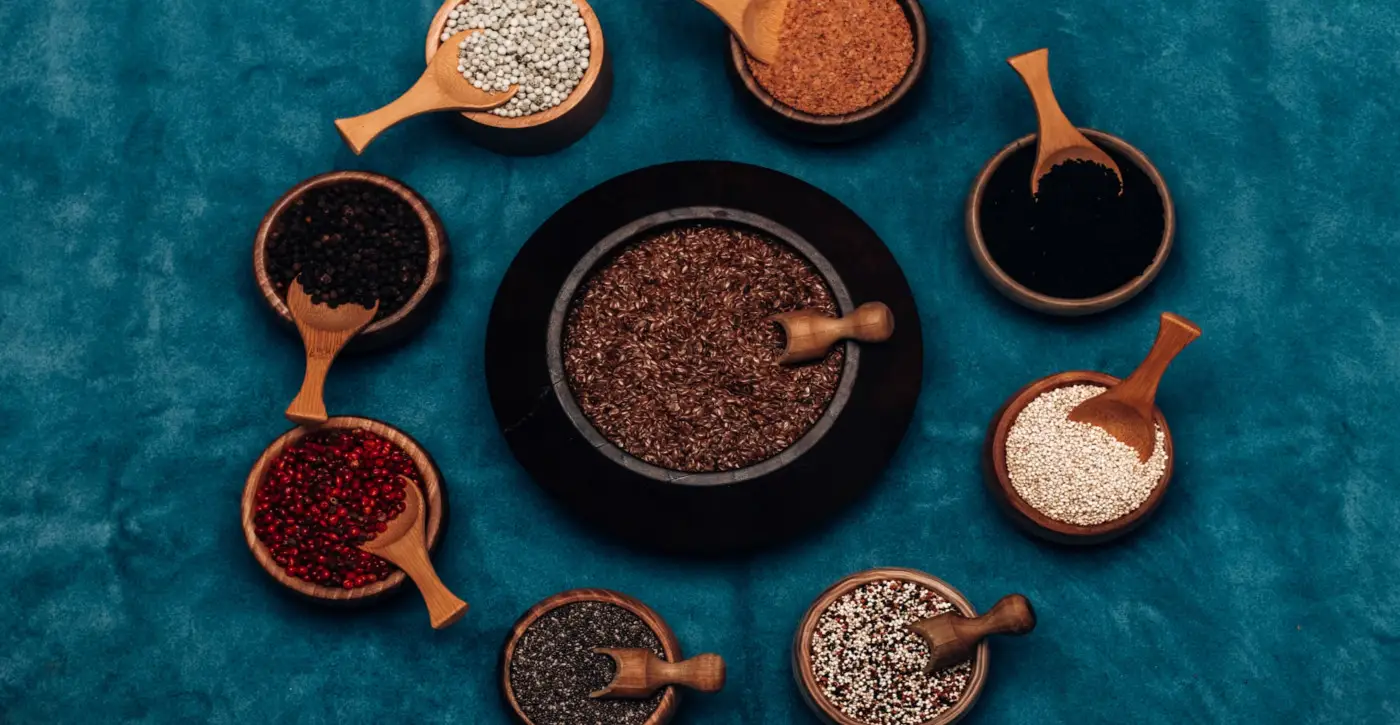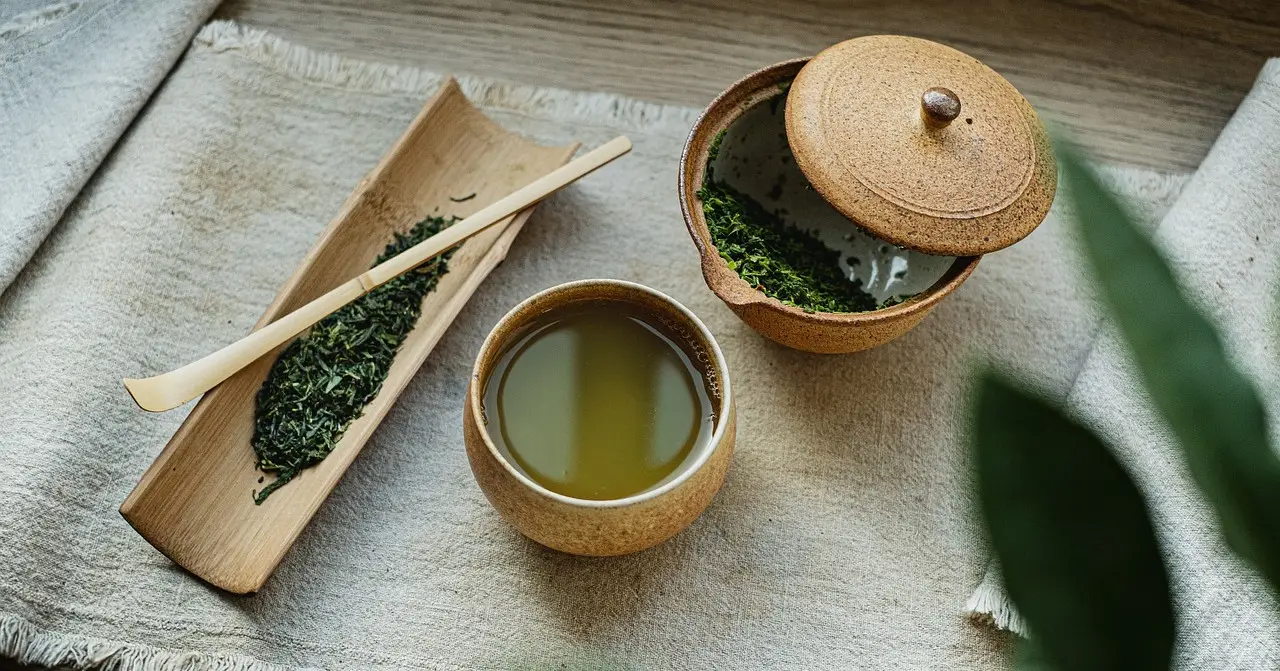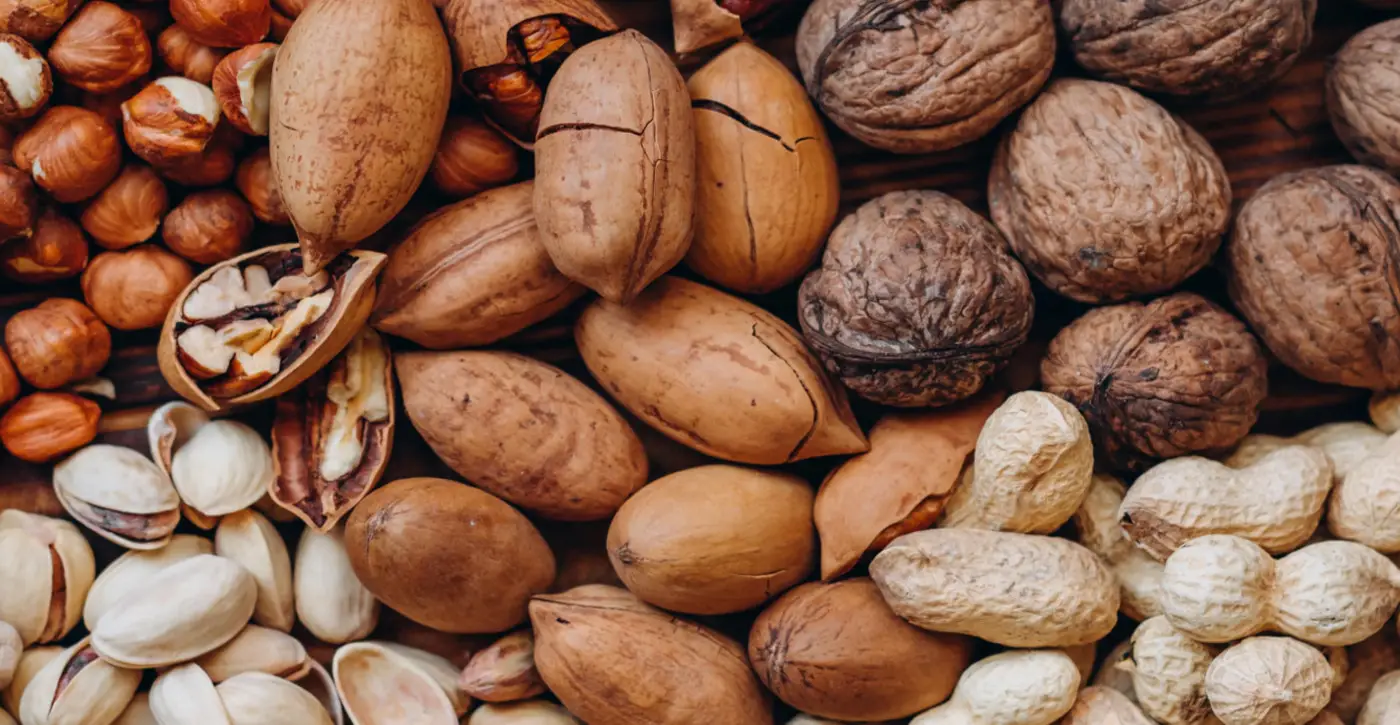Soy milk Lysine and Arginine Info Sheet
Overview
Soy milk is a plant-based milk that is made from soybeans and water.It has a mild and slightly bean-like flavor and a creamy texture.
It is usually used as a substitute for dairy milk in cereals, coffee, and cooking.
Soy milk is high in protein, but low in fat and carbohydrates.
It also contains isoflavones, which may have estrogen-like effects and modulate hormone levels.
Soy milk may help lower cholesterol, prevent osteoporosis, and reduce the risk of some cancers.
| Name | Lysine (mg/100g) | Arginine (mg/100g) | Ratio |
|---|---|---|---|
| Soy milk | 222mg | 400mg | 0.9 |
Soy milk contains 222mg of Lysine and 400mg of Arginine per 100g of product.
This means Soy milk has a neutral Lysine-Arginine ratio of 0.9.
Because Soy milk has a neutral ratio of lysine and arginine, it does not have a significant impact on people who suffer from herpes, as it does not affect the viral activity.
Lysine Considerations
Soy milk is a good source of lysine, as it provides 222 mg of lysine per 100 g of food.
Lysine is an essential amino acid that is important for protein synthesis, collagen formation, and calcium absorption.
Lysine deficiency may cause fatigue, anemia, hair loss, and impaired immunity.
Lysine can help prevent or treat cold sores, which are blisters caused by the virus HSV-1, also known as herpes.
Lysine works by blocking the growth of HSV-1, which needs another amino acid called arginine to multiply and infect cells.
Lysine can only be obtained through diet, and can be found in a variety of high-protein foods like milk and cheese, fish, eggs, meat and poultry.
Arginine Considerations
Soy milk is a good source of arginine, as it provides 400 mg of arginine per 100 g of food.
Arginine is a semi-essential amino acid that is involved in nitric oxide production, wound healing, and immune function.
Arginine may help improve blood flow, lower blood pressure, and enhance exercise performance.
Arginine can contribute to cold sore outbreaks, which are blisters caused by the HSV-1 virus, also known as herpes.
Arginine aids in the growth of HSV-1, which needs this particular amino acid to multiply and infect cells.
Arginine can be obtained through our diet, and is found in multiple high-protein foods such as nuts, seeds, and chocolate.
Regrettably, the herpes virus is known to "feed" on arginine, and a diet rich in arginine compared to lysine may increase the frequency and severity of cold sores and herpes outbreaks.
Lysine-Arginine Ratio
Soy milk has a high lysine-arginine ratio of 0.9, which means that it has almost equal amounts of arginine and lysine.
This may be beneficial for people who have herpes simplex virus (HSV) infections, as lysine may help prevent or reduce the severity of HSV outbreaks, while arginine may not trigger or worsen them.
Therefore, people with HSV may want to include soy milk in their diet as a source of both lysine and arginine.
Both lysine and arginine are essential for protein synthesis and various other bodily functions.
They, however, have opposing effects on the herpes simplex virus, which causes cold sores and genital herpes.
Lysine can inhibit the replication of the virus, whereas arginine can stimulate it.
Thus, a diet rich in foods with a high lysine to arginine ratio may help reduce the occurrence and severity of herpes flare ups.
Foods that have a high lysine-arginine ratio include dairy products, fish, poultry, fruits, and vegetables.
These foods can provide the body with enough lysine to compete with arginine and inhibit the virus from replicating and causing symptoms.
Dietary Considerations
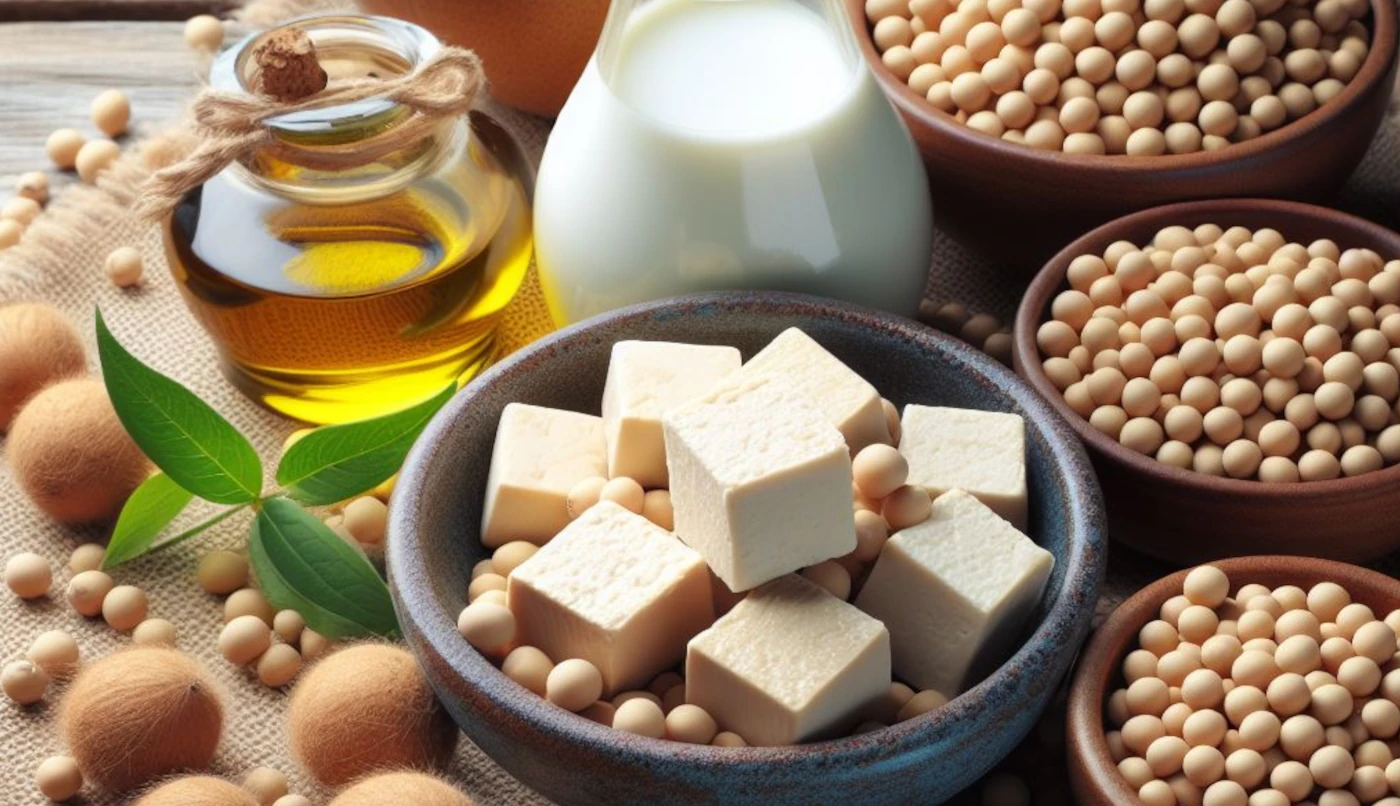
For instance:
A diverse and nutritious diet that supports your immune system and fights inflammation is essential.
This means you should eat lots of fruits, vegetables, whole grains, lean protein, and healthy fats, and steer clear of processed foods, added sugars, alcohol, and caffeine, which can harm your health.
You may want to take l-lysine supplements.
L-lysine is known to prevent herpes outbreaks and it can help stop a cold sore in its initial stages by "starving" the virus of arginine before it has a chance to cause a cold sore.
To prevent outbreaks, avoid foods that can cause allergic reactions or sensitivities, such as gluten, dairy, nuts, eggs, or shellfish.
These foods can harm your immune system and make inflammation worse.
Eating foods that can soothe your symptoms and speed up your healing process, such as honey, yogurt, aloe vera, and chamomile.
These foods have anti-inflammatory, antiviral, and antibacterial properties that can reduce pain, swelling, and itching, and promote tissue repair.
Check more food information
